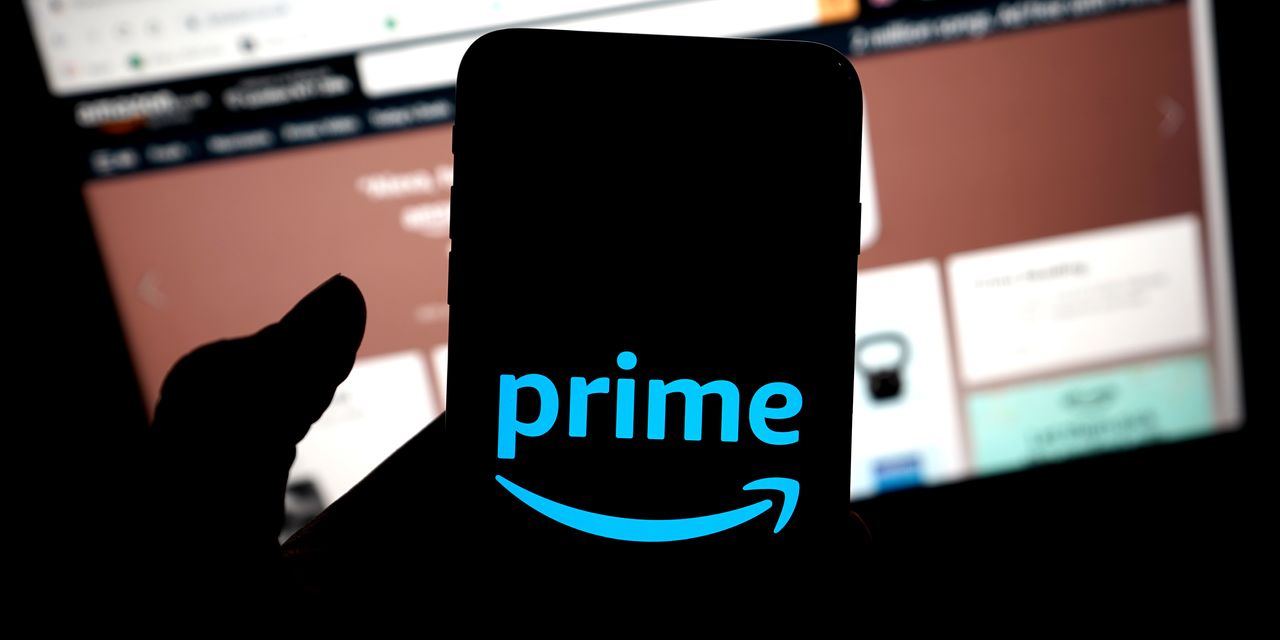Amazon.com became one of the biggest companies on the planet on the back of its Amazon Prime program, signing up over 200 million subscribers around the world and charging $139 a year in the U.S.
But the Federal Trade Commission says the program was built around “manipulative tactics,” that duped millions of those customers into subscribing to a program that the company also made nearly impossible to cancel.
The charges contained in a civil complaint filed on Wednesday in federal court in Seattle, allege that the tactics were not a bug but a calculated feature of Amazon’s sales system. The complaint alleges that Amazon executives were told of ways to make the sign-up process less underhanded, but chose to keep them the way they were to not “negatively impact Amazon’s bottom line.”
“Amazon tricked and trapped people into recurring subscriptions without their consent, not only frustrating users but also costing them significant money,” said FTC Chair Lina Khan. “These manipulative tactics harm consumers and law-abiding businesses alike.”
In a statement, Amazon
AMZN,
said the FTC lawsuit is misguided and inaccurate.
“The FTC’s claims are false on the facts and the law. The truth is that customers love Prime, and by design we make it clear and simple for customers to both sign up for or cancel their Prime membership.” the company said. “As with all our products and services, we continually listen to customer feedback and look for ways to improve the customer experience, and we look forward to the facts becoming clear as this case plays out.”
The complaint is heavily redacted by a judge, but what is visible gives an illuminating view into Amazon’s thinking and details several ways in which the company allegedly took advantage of its customers:
Subscribers are king
For Amazon, boosting Amazon Prime subscriber numbers was the name of the game, simply because Prime subscribers spend more on the site than non-subscribers.
A subscription gives customers free shopping on most products bought on the site, plus access to a broad slate of streaming television content. A subscription costs $14.99 a month in the U.S. and brings in $25 billion in revenue to the company annually.
Throughout the checkout process, Amazon attempted to “upsell” customers on subscribing to Prime, sometimes in ways that the FTC says were sneaky and misleading.
Confusing pop ups and tabs
Any customer looking to buy something on Amazon who was not already a Prime subscriber, would find themselves bombarded with multiple pop-ups and split-screen tabs that would advertise the benefits of the program, the complaint stated.
The approach varied on mobile and desktop, but the FTC alleged that the intent was to get the buyer to sign up, either by convincing them of the benefits of the program or confusing them into pressing the wrong button.
What was buried deep in the fine print, was that the subscription would automatically renew unless the customer canceled.
The Iliad
Canceling Amazon Prime proved to be a sisyphean task, for anyone attempting it, the FTC alleged. The process was so complicated and labyrinthine, that Amazon used the term the “Iliad” to describe it, referring to Homer’s epic poem detailing the 10-year-long Trojan war, the FTC said. According to the FTC, the Iliad flow forced people “to navigate a four-page, six-click, fifteen-option cancellation process.” By contrast, the FTC noted, customers could enroll in Prime with one or two clicks.
Additionally, while Amazon customers could sign up for Prime using any device from their Kindle to their television, they could only cancel using their desktop computers, mobile phones or by calling customer service.
Dark patterns
The FTC says Amazon heavily used so-called dark patterns to manipulate customers into unknowingly signing up for subscriptions. Dark patterns refer to certain aspects of how a web page is designed that are purposely intended to confuse users and get them to do things or sign up for things they didn’t intend to.
Many of the details of how this allegedly worked exactly was contained in the redacted sections of the FTC’s complaint.
They knew
The FTC’s complaint says that many key Amazon executives were well aware of how deceptive some of these practices were. At times, Amazon’s programmers suggested ways to lessen how confusing some of the features were in order to reduce the number of unknowing sign-ups, but were told to do nothing so as not to affect the company’s bottom line, the complaint stated.
The FTC also alleged that Amazon only recently made changes to ease the process of cancellation after the agency had begun its investigation and the company became aware that the civil action was coming.
Read the full article here




